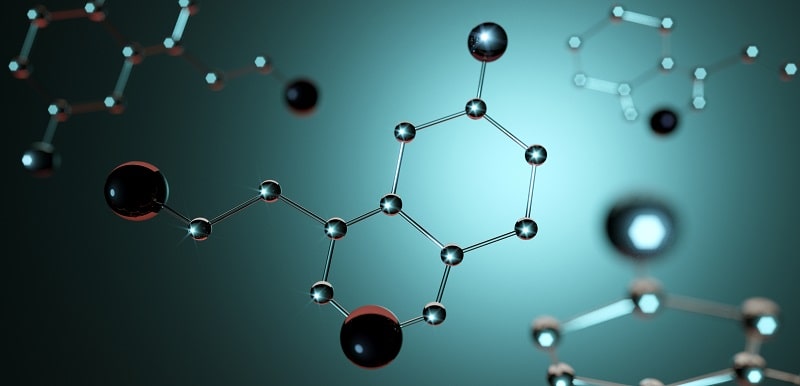Description
Hormones are regulatory molecules produced by glands in the endocrine system. They play a vital role in coordinating various physiological processes and maintaining homeostasis in the body.
Historical Context
The discovery and understanding of hormones have evolved over centuries, with significant contributions from researchers like Thomas Addison and Ivan Pavlov.
Production and Sourcing
Hormones are produced by specific endocrine glands, such as the pituitary gland, thyroid gland, and adrenal glands. They are not sourced externally but are synthesized within the body.
Applications
Hormones regulate a wide range of functions, including growth, metabolism, reproduction, and response to stress. Hormone therapies are used in medicine to address hormonal imbalances.
Regulatory Framework
Medical and pharmaceutical regulations govern the use of hormone-based therapies and treatments to ensure safety and efficacy.
Consumer Concerns
Consumers may have concerns related to hormonal imbalances, hormone replacement therapies, and the potential side effects of hormonal treatments.
Health and Safety
Maintaining hormonal balance is essential for overall health. Hormonal imbalances can lead to various health issues and require medical attention.
Applicable Products
Hormone-based medications and therapies are used to treat conditions like thyroid disorders, diabetes, and hormonal imbalances.
Alternatives
In some cases, lifestyle modifications and non-hormonal therapies may serve as alternatives to hormone-based treatments.
Scientific Research
Ongoing scientific research explores the mechanisms of hormone action, hormone-related diseases, and the development of hormone-based therapies.
Chemical Properties
Hormones are chemical messengers that travel through the bloodstream to target cells or organs, where they elicit specific responses.
Case Studies
Case studies may focus on the effectiveness of hormone therapies in treating conditions like hormonal cancers, diabetes, or thyroid disorders.
Future Trends
Future trends in hormone research may include advances in personalized medicine, targeted hormone therapies, and improved diagnostics for hormone-related conditions.
Opinions
Opinions on hormone therapies vary, with some emphasizing their critical role in healthcare and others expressing concerns about potential side effects.
Warnings
Patients undergoing hormone therapies should be aware of potential side effects and follow medical guidance for safe and effective treatment.
Synonyms
Hormones are sometimes referred to as chemical messengers or signaling molecules.
Conclusion
Hormones are fundamental to the body’s regulatory systems, influencing a wide range of physiological processes. Understanding hormone function, maintaining hormonal balance, and utilizing hormone therapies when needed are critical aspects of healthcare and medical science.







